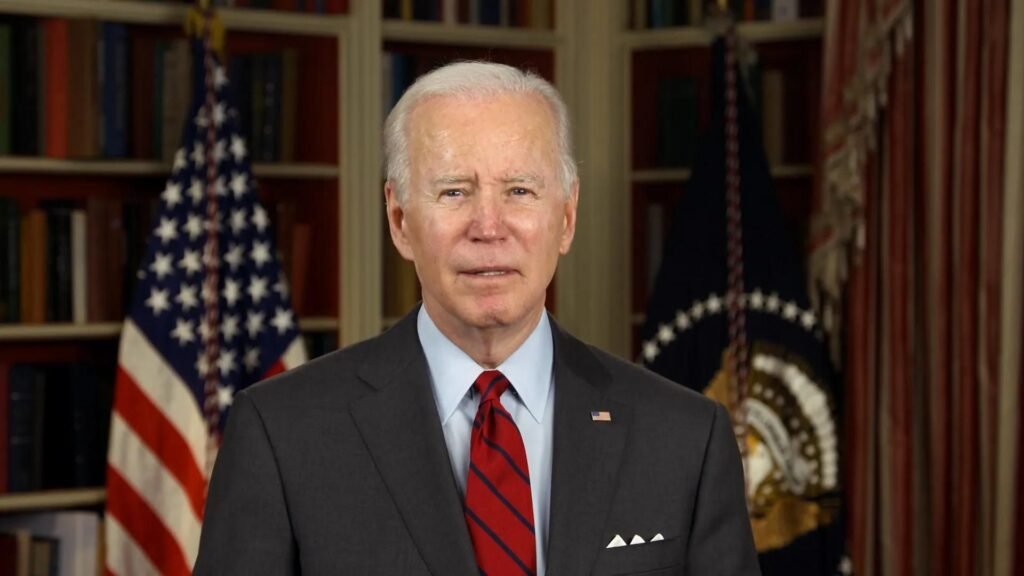Educational equity is essential for ensuring that all students have access to high-quality education regardless of their background. The government plays a crucial role in promoting educational equity by implementing policies, allocating resources, and creating programs aimed at leveling the playing field. Here’s an in-depth look at how the government can advance educational equity and the strategies involved.

Establishing and Enforcing Educational Standards
Government agencies set and enforce educational standards to ensure that all students receive a consistent and high-quality education.
- Curriculum Standards: Governments establish curriculum standards to ensure that all students, regardless of location or school, have access to a core set of knowledge and skills. These standards help maintain educational consistency and quality.
- Accountability Measures: Implementing accountability measures, such as standardized testing and performance evaluations, ensures that schools meet established standards and provide equitable education.
Funding and Resource Allocation
Equitable funding and resource allocation are critical for addressing disparities in educational opportunities.
- Equitable Funding: Governments allocate funding based on the needs of different schools and districts. This includes providing additional resources to schools in underserved areas to help bridge the funding gap and support disadvantaged students.
- Grants and Subsidies: Offering grants and subsidies to schools for specific programs, such as special education or early childhood education, ensures that all students benefit from targeted resources and support.
Developing Supportive Policies and Programs
The government develops and implements policies and programs designed to address educational disparities and support disadvantaged students.
- Title I Programs: Title I programs provide additional funding to schools with high percentages of low-income students, helping to support their academic needs and improve educational outcomes.
- Special Education Services: Governments ensure that special education services are available for students with disabilities, providing necessary support and accommodations to facilitate their learning and development.
Ensuring Access to Early Childhood Education
Access to quality early childhood education is crucial for laying the foundation for future academic success.
- Pre-K Programs: Governments support and fund pre-kindergarten (Pre-K) programs to provide early learning opportunities for children from low-income families, helping to prepare them for kindergarten and beyond.
- Early Intervention Services: Providing early intervention services for children with developmental delays or learning disabilities ensures that they receive the support they need from an early age.
Promoting Teacher Quality and Professional Development
Teacher quality significantly impacts student achievement, making it essential for the government to support and enhance teaching standards.
- Teacher Certification: Governments establish certification requirements and standards for teachers to ensure that they are qualified and capable of providing high-quality instruction.
- Professional Development: Investing in ongoing professional development for teachers helps them stay current with educational best practices and effectively support diverse student needs.
Addressing Discrimination and Bias
The government plays a role in addressing discrimination and bias in the education system to promote fairness and inclusivity.
- Anti-Discrimination Policies: Implementing and enforcing anti-discrimination policies in schools helps to create a safe and inclusive learning environment for all students, regardless of race, gender, or socioeconomic status.
- Bias Training: Providing bias training for educators and school staff helps to raise awareness of unconscious biases and promotes equitable treatment of all students.
Supporting Students’ Mental Health and Well-Being
Addressing students’ mental health and well-being is crucial for creating a supportive educational environment.
- Mental Health Programs: Governments fund and support mental health programs and services in schools to address issues such as anxiety, depression, and stress. This support helps students succeed academically and personally.
- Counseling Services: Providing access to counseling services ensures that students have the support they need to cope with personal challenges and maintain their well-being.
Encouraging Family and Community Engagement
Engaging families and communities in the educational process supports students’ learning and development.
- Parental Involvement: Governments promote parental involvement in education through programs and policies that encourage parents to participate in their child’s learning and school activities.
- Community Partnerships: Collaborating with community organizations and businesses helps to provide additional resources, support, and opportunities for students and their families.
Evaluating and Improving Educational Equity
Ongoing evaluation and improvement efforts help to assess the effectiveness of equity initiatives and address emerging challenges.
- Data Collection and Analysis: Collecting and analyzing data on student performance, resources, and outcomes helps identify disparities and inform policy decisions aimed at improving educational equity.
- Continuous Improvement: Governments regularly review and update policies and programs to address changing needs and ensure that equity goals are being met effectively.
Conclusion
The government plays a pivotal role in promoting educational equity through establishing standards, allocating resources, developing supportive policies, and addressing discrimination. By focusing on equitable funding, early childhood education, teacher quality, mental health support, and community engagement, the government helps to ensure that all students have the opportunity to succeed academically and personally. Ongoing evaluation and improvement efforts are essential for creating an education system that truly serves all students equitably.

